#Regulation
Imported Audi, Porsche, and Bentley Models Held Back Over Forced Labor Allegations
Thousands of vehicles manufactured under the umbrella of Volkswagen Group are being held at U.S. ports for allegedly violating the Uyghur Forced Labor Prevention Act (UFLPA). Enacted in 2021, the law is supposed to prohibit the utilization of slave labor in Western China. While the impacted automakers include Porsche, Bentley and Audi, we’ve seen plenty of brands being accused of leveraging forced labor in the Xinjiang region of China, where the country is said to have forcibly concentrated the Uyghur ethnic minority.
Driving Dystopia: Pickup Sales Are Probably Going to Decline in the UK
A British friend of mine recently asked my opinion on several vehicle models, saying he was browsing company cars. What I assumed would be a quick chat quickly devolved into my being educated on British tax codes, especially the benefit-in-kind (BIK) taxes applied to any items of value provided to employees. While familiar with the concept, I was not ready to traverse the graphs and tables required to determine how much you’re on the hook for depending upon what type of vehicle you’ve chosen.
Editorial: Why Are People Worried About Automotive 'Kill Switch' Mandates?
This year has seen a surge of panicked reports discussing how the U.S. government has mandated vehicle hardware that would allow authorities to wrestle control away from the driver. Usually referenced as a “kill switch,” the device is supposed to be required on every new automobile manufactured after 2025.
The claim hangs responsibility on the extremely broad Infrastructure Investment and Jobs Act that was passed in November of 2021. But the pertinent legislation actually focuses on combating impaired motorists by mandating “advanced drunk and impaired driving prevention technology” as standard equipment. Though it doesn’t get all that specific in terms of what that entails and gives an incredible amount of leeway to federal regulators.
U.K. Government Pushes Gasoline Car Ban to 2035
UK Prime Minister Rishi Sunak announced on Wednesday that he’s delaying bans the government had previously made for gasoline-powered vehicles. The scheme was to have the United Kingdom restrict citizens from purchasing new combustion vehicles by 2030. But Sunak has questioned the previous timeline’s viability, opting to push things out to 2035.
This probably isn’t a huge surprise for anyone with at least one foot planted in reality. EV mandates have frequently been accompanied by target dates that are wholly ridiculous. Manufacturers aren’t producing these vehicles in sufficient quantities, the supportive infrastructure isn’t in place, and there's a significant portion of consumers that appear disinterested in buying non-traditional powertrains.
U.S. Regulator Proposes Updated Rules for Autonomous Vehicles in Exchange for Data
The National Highway Traffic Safety Administration (NHTSA) proposed a new national program to update the regulations surrounding autonomous vehicles this week. Updated rules would presumably allow automakers to field more self-driving test vehicles on public roads than we’ve seen thus far in exchange for those companies sharing the data those cars collect with the government.
Due to the fact that any autonomous vehicle lacking human controls (e.g. steering wheels and pedals) have to be given exceptions from the Federal Motor Vehicle Safety Standards (FMVSS) to legally operate in populated areas, NHTSA leadership believes that having access to the data they’ve collected will be useful in informing decisions on how the rules could be changed. The claim is that the resulting information will help regulators update safety standards to incorporate self-driving vehicles. But it’s also going to be a privacy issue, as citizens have already expressed their dismay with automakers even considering sharing AV data with local authorities.
NHTSA Tells Auto Industry Not to Comply With Massachusetts Data Laws
The National Highway Traffic Safety Administration (NHTSA) has advised automakers not to comply with a Massachusetts vehicle telematics rule designed to ensure customers have control over what happens with their private data. It’s the regulators' assertion that companies are obligated to enforce federal standards while suggesting that the state law poses safety concerns.
Interestingly, that’s the exact same claim the automotive lobby was making when the Massachusetts law was up first for debate and leaves one wondering who exactly the NHTSA is advocating for.
NHTSA Ends Probe Into Tesla's Video Game Feature
On Tuesday, the National Highway Traffic Safety Administration (NHTSA) announced that it was wrapping up its investigation into Tesla’s "Passenger Play" feature. The service originally offered occupants the ability to play a slew of video games while vehicles were in motion. But this was changed after the automaker felt pressure from federal regulators.
NHTSA Probes Zoox Self-Certification Process
The National Highway Traffic Safety Administration (NHTSA) has said it’s investigating exactly how Zoox managed to certify its autonomous vehicles for use on public roads. Though the agency may want to take a look in the mirror after issuing lax regulations on what companies are allowed to publicly test.
Senators Seek to Overturn U.S. Emission Rule for Heavy Trucks
On Thursday, a number of Republican senators announced they would be attempting to overturn the U.S. Environmental Protection Agency’s (EPA) rules designed to cap emissions on heavy-duty trucks. Finalized by the EPA in December, under guidance from the Biden administration, the new rules are supposed to be 80 percent more stringent than the current standard. However, critics have alleged the updated limits effectively benefit large shipping companies by making it too difficult for smaller trucking companies or independent operators to comply.
U.S. Treasury Bows to Industry Pressure On EV Tax Credit Scheme
The United States Department of the Treasury appears to have caved after receiving sustained pressure from the auto lobby, modifying how vehicles are classified in the updated EV tax credit scheme in a manner designed to make more vehicles eligible. Rather than leaning on Corporate Average Fuel Economy (CAFE) standards, the Treasury has said it will instead use the Environmental Protection Agency’s (EPA) Fuel Economy Labeling standard to determine when a vehicle is an SUV, pickup, sedan, or van.
Is London’s Contentious Ultra Low Emissions Zone a Sign of Things to Come?
The mayor of London, Sadiq Khan, has been under fire for pushing ahead with the Ultra Low Emission Zone (ULEZ) expansion poised to encompass the entire city and its surrounding suburbs. Critics have said the decision will effectively force poorer residents to buy brand-new automobiles capable of passing modern emission standards or confront daily congestion charges as they attempt to motor around town.
California Officially Bans Pre-2010 Diesel Trucks, Buses
In 2008, the California Air Resources Board (CARB) approved legislation designed to curtail emissions from older trucks and buses operating within the state. Known as the “Heavy Duty Vehicle Greenhouse Gas Emission Reduction” measure, the law originally called for long-haul truckers to install specialized tires and aerodynamic devices on their trailers that improved fuel economy. However, it’s gone through numerous updates over the years, eventually making it illegal to even operate certain vehicles equipped with the wrong kinds of engines. The latest update bans any truck with a gross vehicle weight rating (GVWR) over 14,000 pounds using an engine manufactured before 2010.
Truckers Suggest Electronic Data Logging Hasn’t Made for Safer Roads
The Owner-Operator Independent Drivers Association (OOIDA) is claiming that the electronic logging device (ELD) mandates instituted by Congress in 2018 have failed to improve roadway safety in the United States – noting that fatalities involving large trucks have actually increased since its implementation. The group representing the truckers is asserting that the tracking devices provide no tangible safety advantages for drivers and is hoping to use the relevant data to oppose proposals seeking to expand the use of ELDs.
Rare Rides Icons: The Lincoln Mark Series Cars, Feeling Continental (Part XIX)
When the Mark IV debuted in 1972, Lincoln’s personal luxury coupe was larger than ever before and had even more in common with its lesser sibling from Ford, the Thunderbird. As noted in our last installment, even the dashboards were identical between the two cars in this generation. The Mark IV’s debut appearance was short-lived, however, as the following year government legislation forced Lincoln’s designers and engineers to make some unfortunate-looking changes. Tell me, do you enjoy enormous bumpers?
Japan Issues Warning, Asks U.S. for Flexible EV Tax Credit Scheme
Over the weekend, the Japanese government issued a formal complaint suggesting that the United States’ updated tax credit scheme for electric vehicles could prohibit future investments from the Land of the Rising Sun. Complaints were reportedly directed to the Treasury Department and revolved around the Biden administration’s Inflation Reduction Act and how it seemed at odds with previous efforts to build trade between America and Japan. But things are always a bit more complicated than that and we cannot overstate the relevance of Japanese auto lobbying groups that want the most favorable regulatory terms they can negotiate.




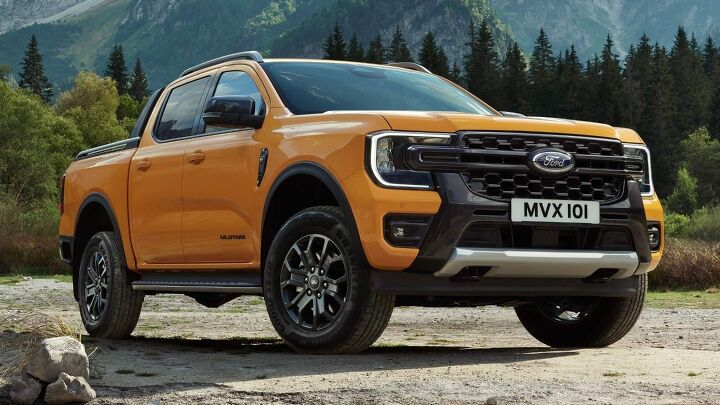

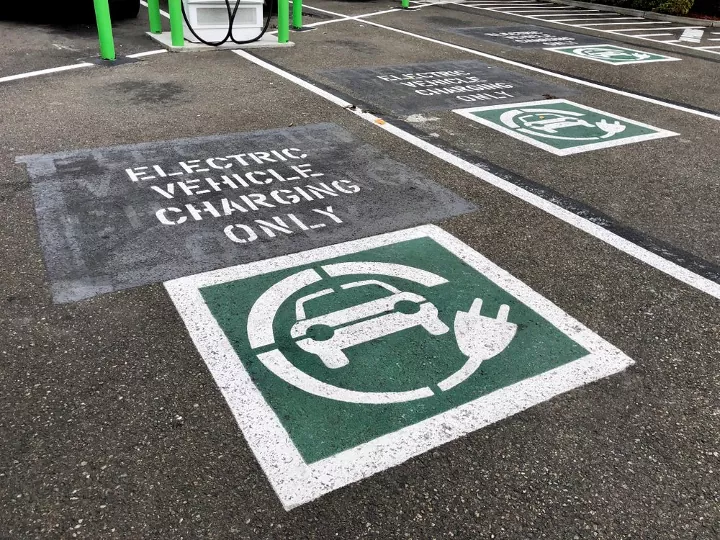
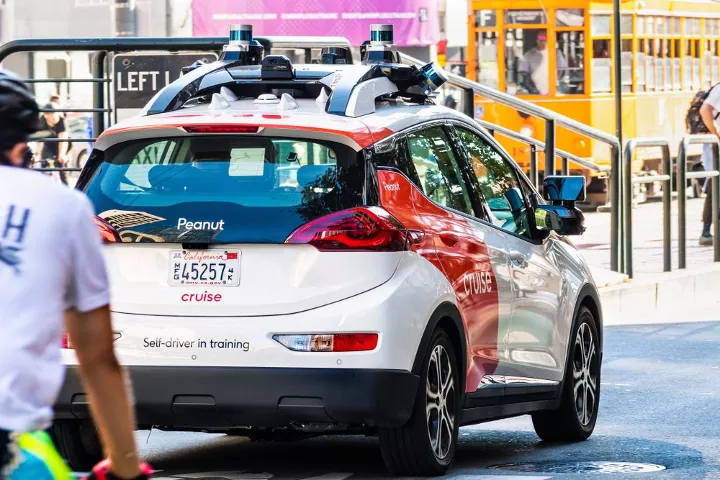
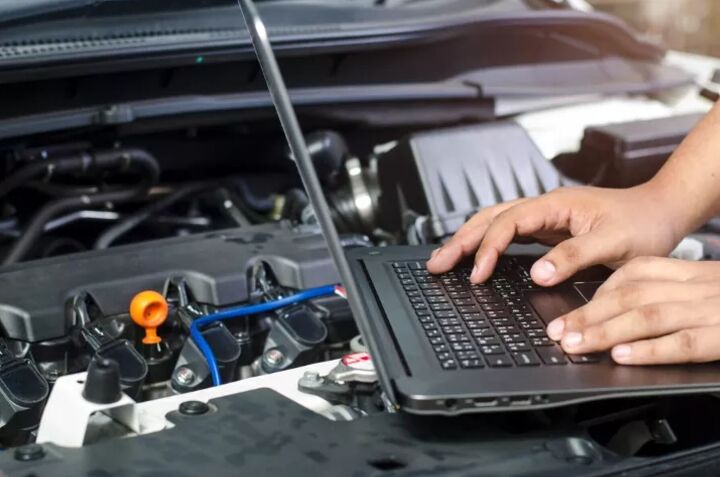
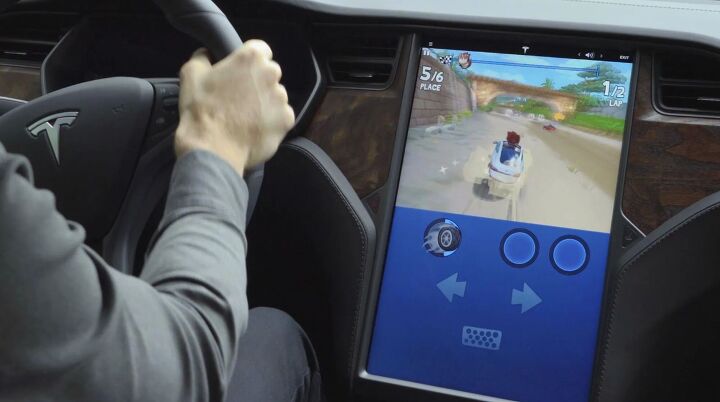

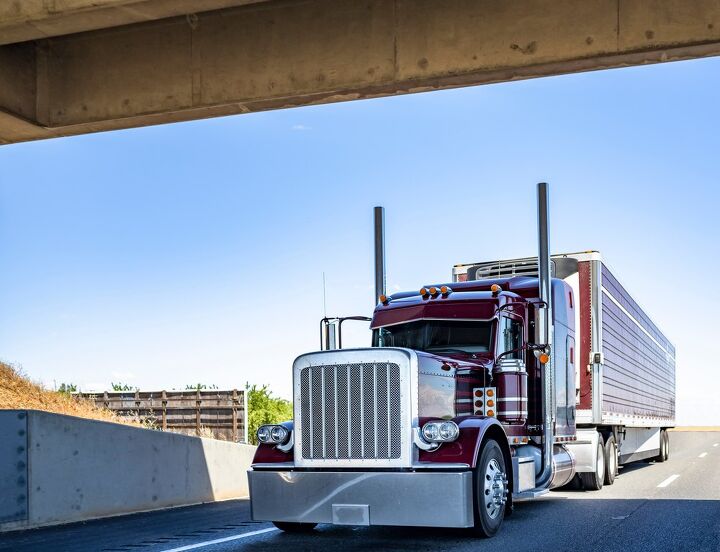


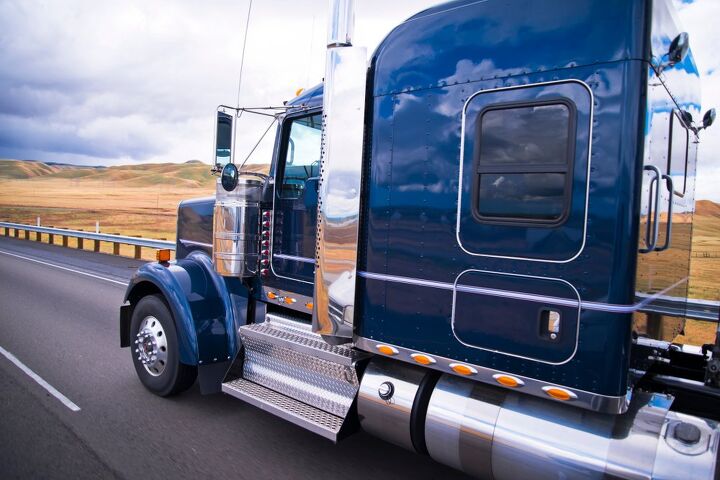

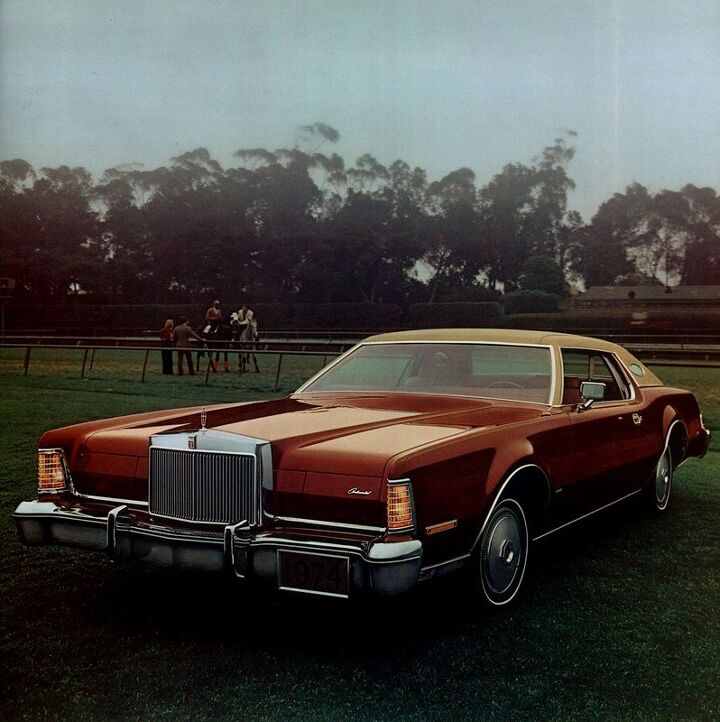













Recent Comments